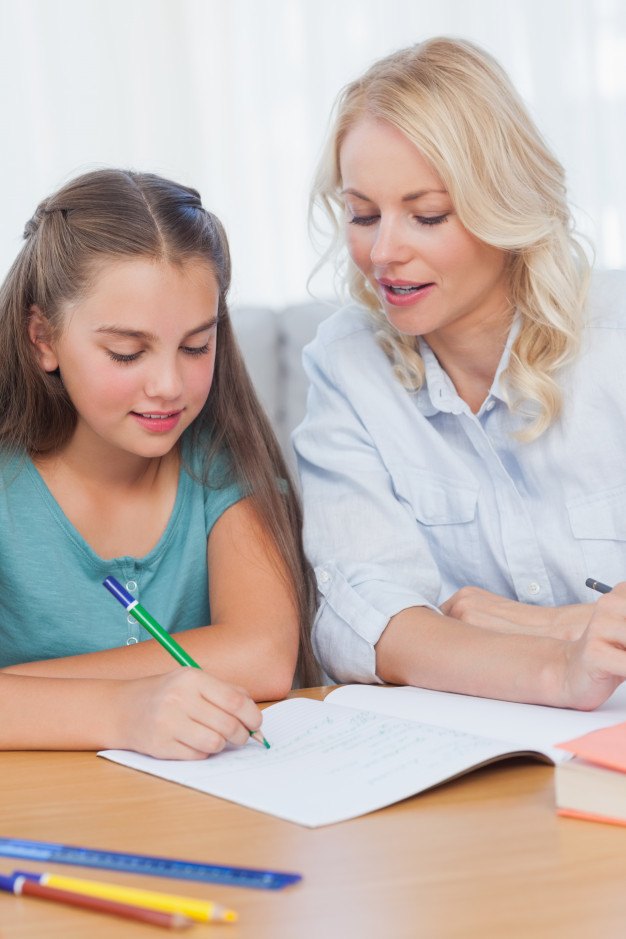Learning from Home: Parents Guide to Teaching Homeschool Kids Due To COVID-19
Homeschooling is a daunting prospect for many parents. The thought of educating your own child in the confines of your own home is challenging. Coming to grips with curriculum and all that responsibility may seem overwhelming. However, there is masses of support for parents, because schools and education departments want this process to be a success.
How will they do this?
The Queensland and Victoria Education departments have set up support websites. There are guidelines for helping parents to follow the system and schools have support material. One of the important things to remember is that parents are to be facilitators of the education process. It has been said that parents should give their children ‘roots to grow and wings to fly.’
The guidelines to support this homeschool initiative will help parents to continue the good work started at school. Every journey has a starting point and there maybe pitfalls along the way.
Here are some guidelines to support this educational journey.
Starting point:

Before you start on this journey think about the purpose of the homeschooling programme. Schools will agree it is not about assessment and measuring academic progress. The programme is set to enable children to keep up with studying and to be monitored at their own pace. Children in the system will have different capabilities and react to the lessons and the worksheets differently.
Start with favourite subjects to build confidence and a willingness to learn. Your child will guide you as to the subjects they are comfortable with. If they are experiencing real problems with a particular subject try to connect with the school or a support group.
Remember you are not alone in this quest to keep your children engaged in some sort of educational activity.
What to watch out for along the way.
A) Signs of success.
You can detect success easily just through the attitude of your child. They will be responsive, willing and able to complete their tasks. They will be asking responsible questions and looking for information. Success breeds success. This is a good state to be in. The child who is experiencing success will find study time a positive part of their routine.

B) Signs of frustration, minimising success.
The child who is experiencing struggles and is not getting to grips with the new system will show signs of negativity. Anger and uncertainty will prevail. The child who is battling to get into the system may be rebellious and lack concentration. They will show signs of avoidance and negativity.
How can you help?
Lack of success and avoidance are signs of a need for some intervention. At first it is important to acknowledge the struggle. Be empathetic. Try to avoid tapping into too many different media experts. It is important to connect with your child’s teacher and the school itself. If the problem seems wider than you are able to handle seek the advice of an expert.

Log into the state department’s educational sites to get clear guidance. There are educational websites for both Queensland and Victoria’s educational service providers. Down load the resources to make your life easier. Set up support groups with the parents of the children from the same group.
The structure and atmosphere of home school will be differ according to the age and level of education that your child has reached. However, some basic school ground rules will still apply. Speak to your child about what is allowed and not allowed at their school. Use this as a bench mark against what is acceptable during ‘school time’ at home.
The structure and atmosphere of home school will be differ according to the age and level of education that your child has reached. However, some basic school ground rules will still apply. Speak to your child about what is allowed and not allowed at their school. Use this as a bench mark against what is acceptable during ‘school time’ at home.
The ground rules will differ according to the age of the children. Preschoolers and the early grades are working on a ‘play and Learn’ style of learning. Higher up the level in primary school learning becomes more formal, but there is still room for freedom and self exploration of various topics. Finally, children in the higher grades need more self discipline and self motivation and should be able to study on their own.
Finishing strong.
“If we teach today’s students as we taught yesterdays, we rob them of tomorrow.” said John Dewey, educational philosopher.
This is especially true of today’s students. The Covid-19 virus has changed the playing field of education dramatically. Parents are having to contribute to the education of their children in their home environment, and ensure their future is still secure. It is important to deal with the reason for the home school scenario with honesty and discuss information at a level the children can understand.
In a real spirit of family togetherness and resolve parents have an opportunity to embrace home schooling and provide the right platform for relevant learning to take place. There is help and support available, and by fulfilling the role of facilitator, parents will make a difference to the further education of their children.
If your child requires some additional support may it be in-home or online, we're here to help! Visit https://tutor2you.com.au/ to book a complimentary consultation with our trained & certified tutors today.
